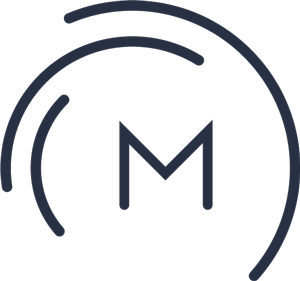Sports medicine is the prevention, diagnosis, and treatment of sports-related injuries, such as sprains and strains, rotator cuff injuries, nerve injuries, dislocations, and more. High school athletes, college athletes, and other individuals leading healthy and active lifestyles often suffer from various sports injuries because of muscle/ joint overuse, lack of conditioning, or other factors. Our orthopedic physicians diagnose and treat the root cause of your sports-related injuries and put you on a speedy path to recovery, so you can continue playing like the champion you are!
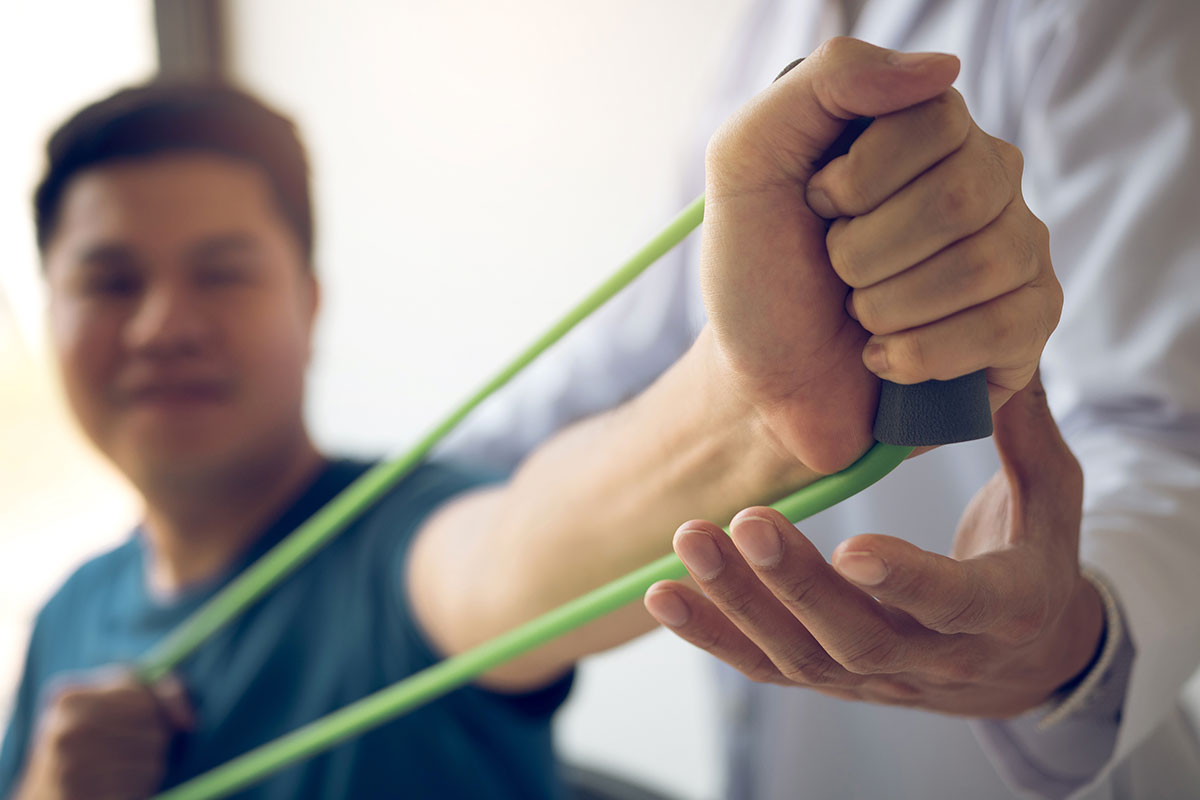
Causes of Sports Injuries:
- Insufficient conditioning
- Repeated movements
- Fatigue and exhaustion
- Overuse of muscles/ joints
- Poor playing conditions
- Improper training
- Body or object impact
- Improper gear usage
- Insufficiency pre-routine stretching
- Unforeseen accidents
Sports-related injuries can happen to all levels of athletes, from casual weekend athletes to professionals. However, the risk of sports injuries increases dramatically if you don’t follow proper training protocol, such as pre-routine stretching and warmups, wearing proper gear and equipment, and playing in optimal conditions. However, despite your best efforts and precautions, unforeseen sports injuries can also happen because of accidents or body contacts, leading to fractures, dislocations, muscle sprains and strains, and more.
Common Types of Sports Injuries:
- Strains because of overstretched or torn muscles and tendons
- Sprains because of overstretched or torn ligaments
- Nerve injuries because of excessive pressure placed on the spinal nerves
- Fractures caused by accidents, falls, injuries, and trauma
- Joint dislocation when the connecting bones are partially or fully separated
- Meniscal tears caused by repeated use of knee joints
- Injuries of the hands, wrists, elbows, shoulders, spine, knees, hips, feet, and ankles
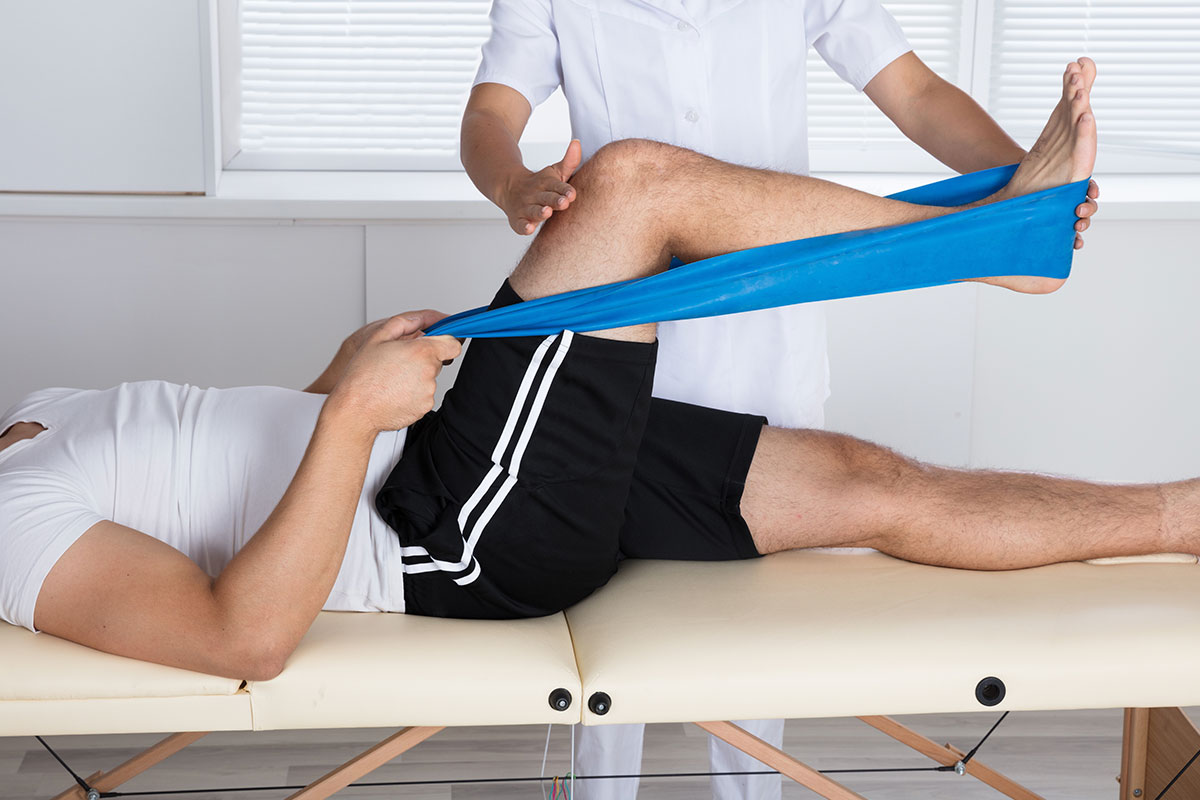
Treatments for Sports Injuries
Dr. Geoge Ozoude, the medical director of Movement Orthopaedic Institute, has seen nearly all types of sports-related injuries throughout his career, especially amongst high school athletes and college athletes. His team of orthopedic surgeons believes in diagnosing and treating the root cause of your sports injuries to ensure you’re perfectly and completely recovered before you hit the sports field again.
Our orthopedic surgeons perform thorough physical evaluations and diagnostic tests, such as X-rays, CT scans, and MRIs, to diagnose the root cause of your sports injuries. After identifying the root cause, our surgeons curate a personalized treatment plan consisting of non-operative care and surgical treatments (in rare cases). Our primary goal is facilitating optimal recovery without surgery, but if surgery becomes necessary, we use minimally invasive techniques.
RICE (Rest, Ice, Compression, and Elevation)
- Rest: Don’t perform activities that trigger pain and discomfort.
- Ice: Apply ice packs to the injured areas for 30 minutes after intervals of 2 to 3 hours.
- Compression: Wrap the injured areas in compression bandages to facilitate healing.
- Elevation: Elevate the injured area above the heart’s level to facilitate optimal blood flow.
Physical Therapy
Our orthopedic specialists curate a personalized physical therapy plan to help you progressively return to activities. We recommend exercises that improve your range of motion, mobility, and flexibility and strengthen the surrounding muscles to improve joint stability.
Orthobiologics
Orthobiologics is an area of orthopedic care wherein autologous materials are used to facilitate natural healing. The doctor harvests platelet-rich plasmas (PRP) or stem cells from your blood or bone marrow and injects them into the injured areas. These components catalyze your body’s natural tissue regeneration capabilities, making it heal itself.
Arthroscopic Surgery
If all non-invasive solutions fail, our orthopedic surgeons may recommend arthroscopic surgery. This is a minimally invasive technique that allows our physicians to perform surgery via small, keyhole-sized incisions on the skin’s surface. Arthroscopic surgery involves minimal downtime and recovery period and negligible risk of complications.
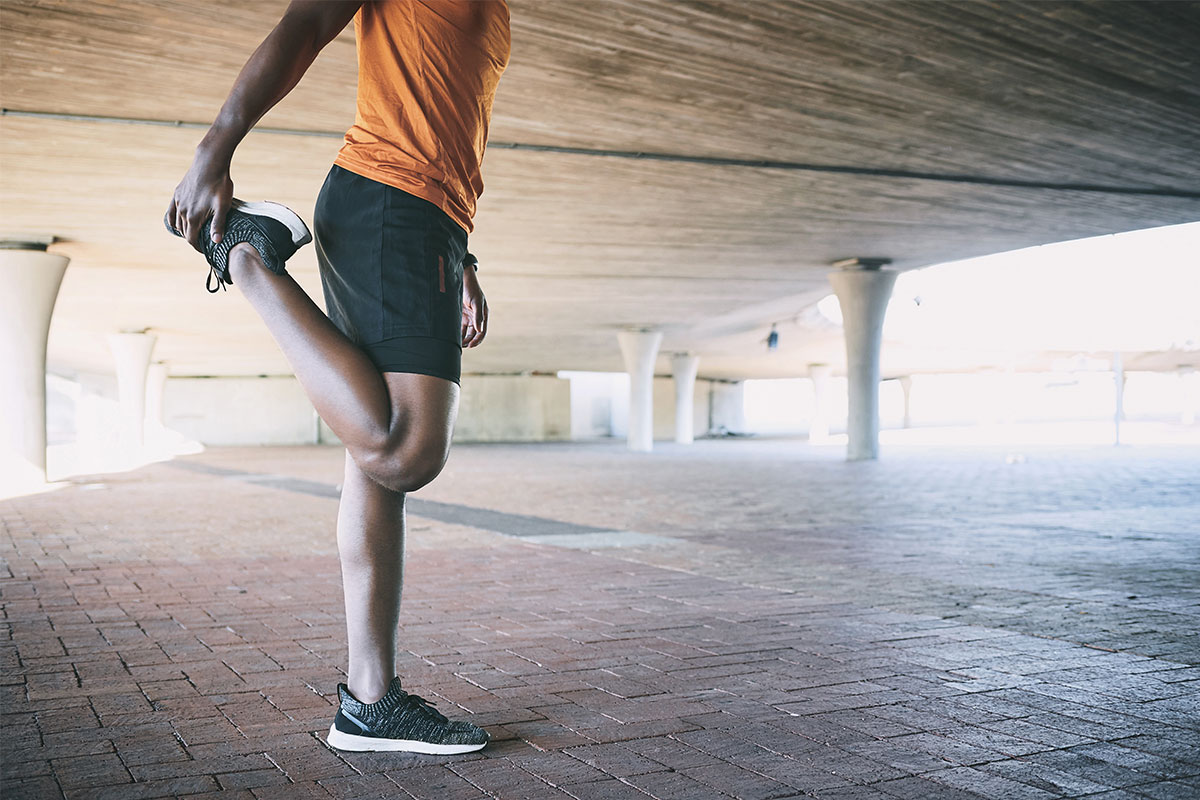
Tips to Prevent Sports Injuries:
- Follow a doctor-approved physical therapy plan to maintain muscular strength
- Gradually increase the strenuousness of your physical activities
- Don’t go beyond your physical limits immediately or suddenly
- Wear protective gear and equipment while playing sports, such as helmets, pads, shoes, etc.
- Don’t engage in strenuous activities immediately after eating a heavy meal
- Follow a nutritious and healthy diet plan
- Don’t exercise or play sports when you’re injured or exhausted
- Play sports according to the rules of the game
- Learn to listen to your body, especially when it asks you to slow down
- Never skip pre-exercise stretching and warmups
Schedule an Appointment
Movement Orthopaedic Institute is a state-of-the-art orthopedic center specializing in sports medicine and orthobiologic care. Our physicians use the latest diagnostic tools to identify the root cause of your sports-related injuries and curate personalized treatment plans. We treat most sports injuries using non-invasive techniques and orthobiologic injections, such as PRP therapy. We only resort to minimally invasive surgeries when all other non-invasive solutions fail or during severe sports injuries. Please schedule an appointment to explore your treatment options in the Houston area.
